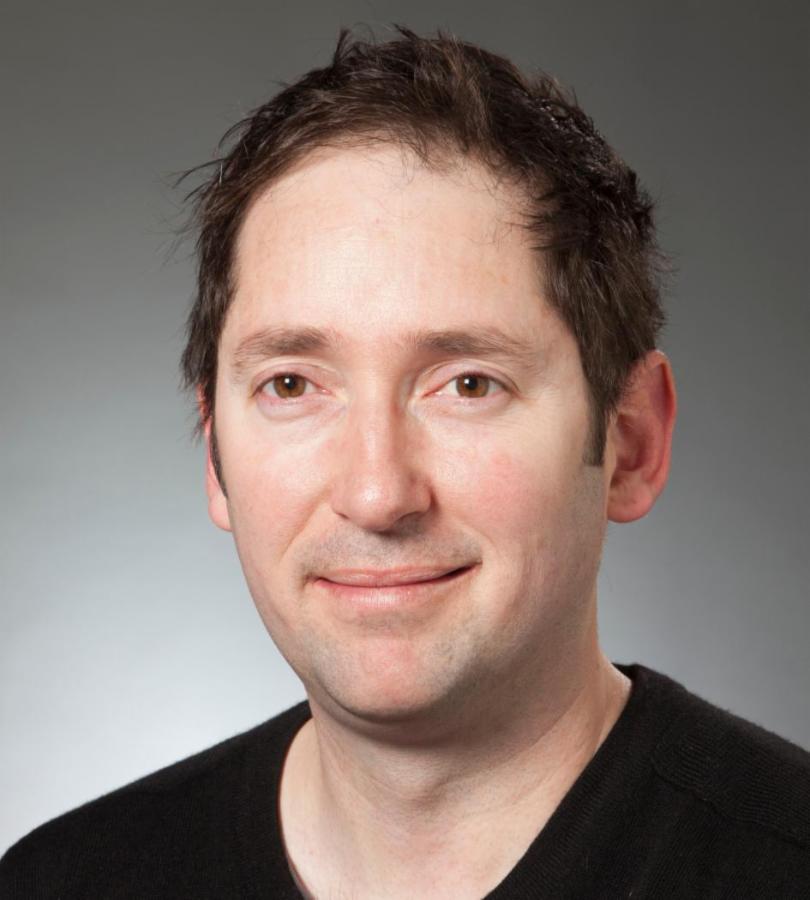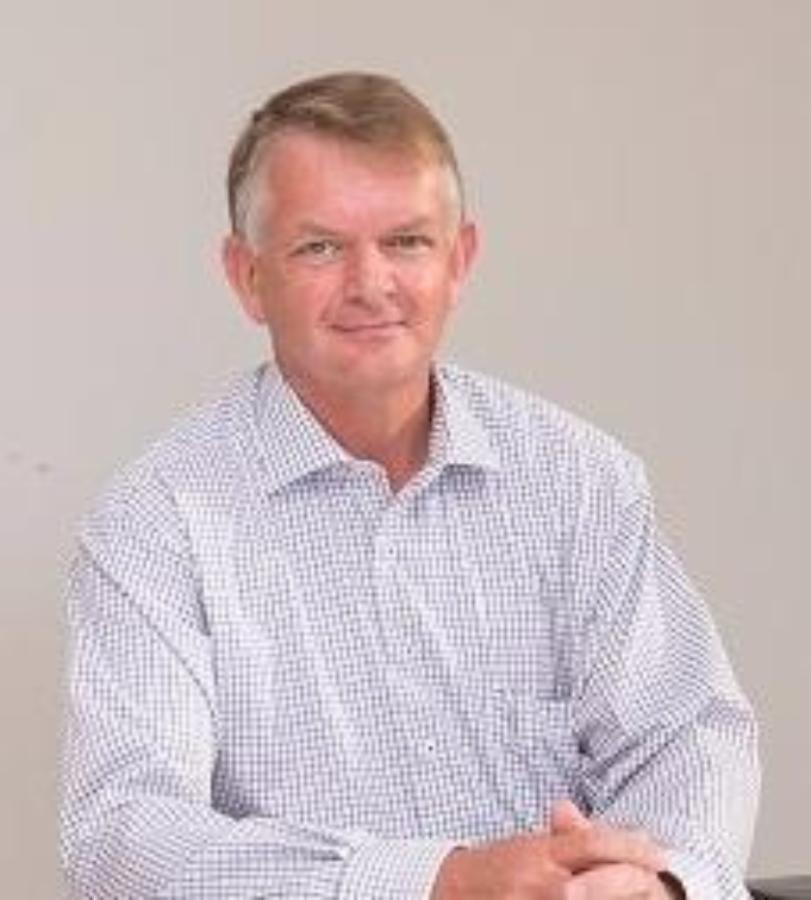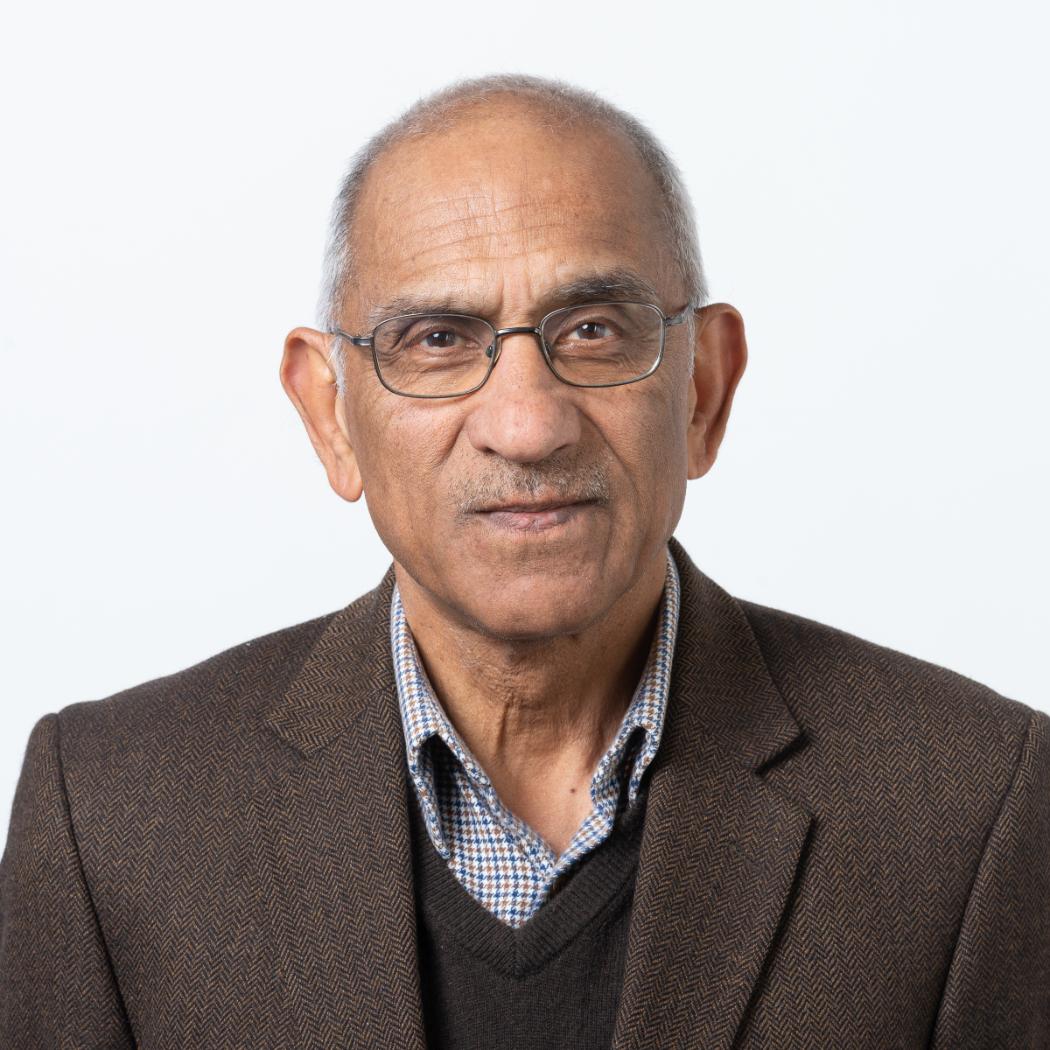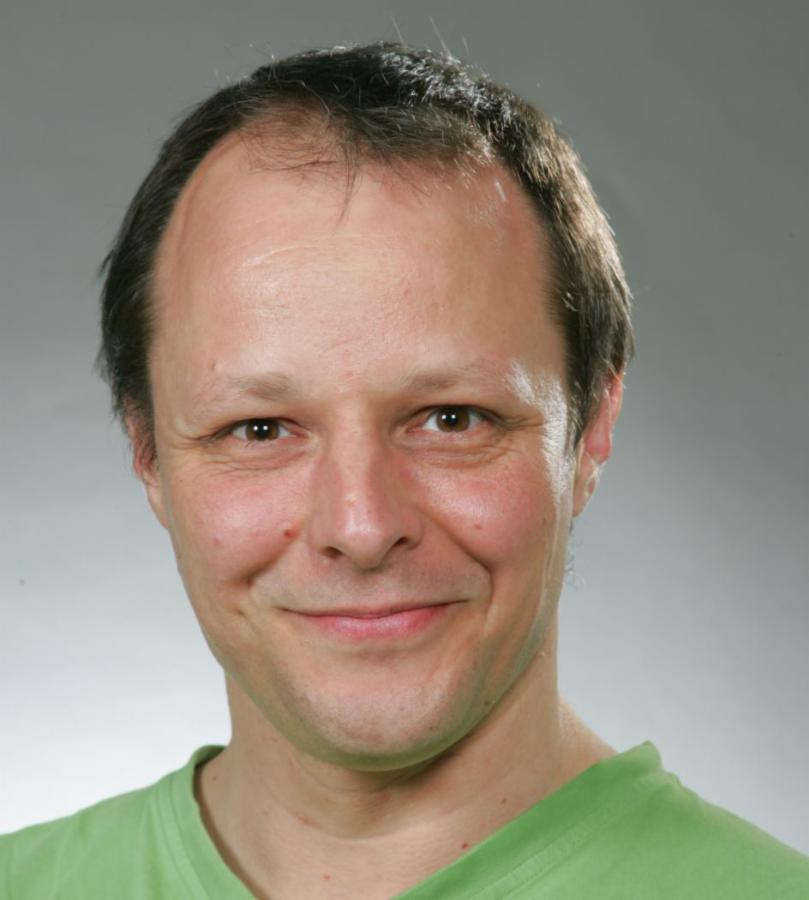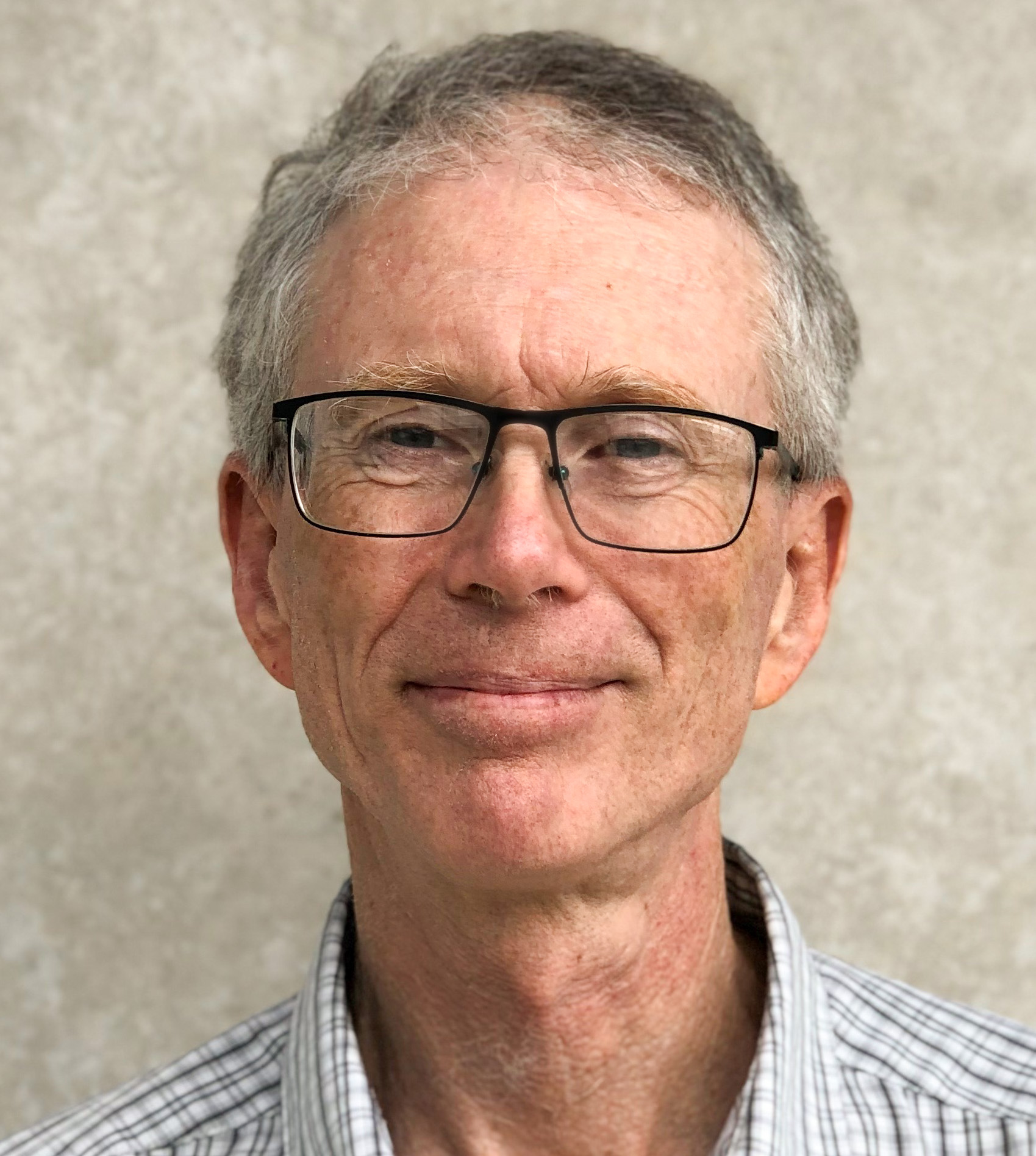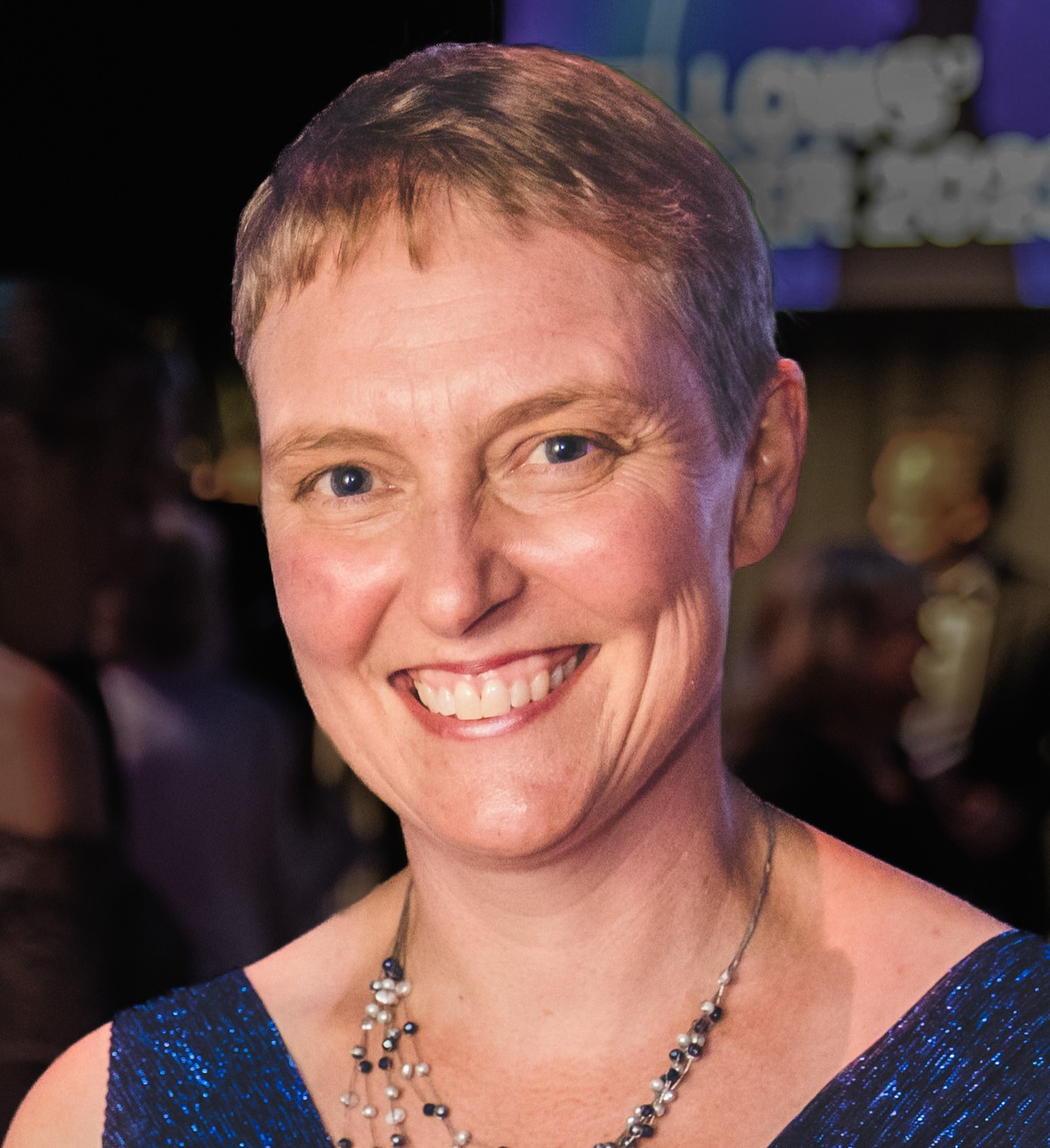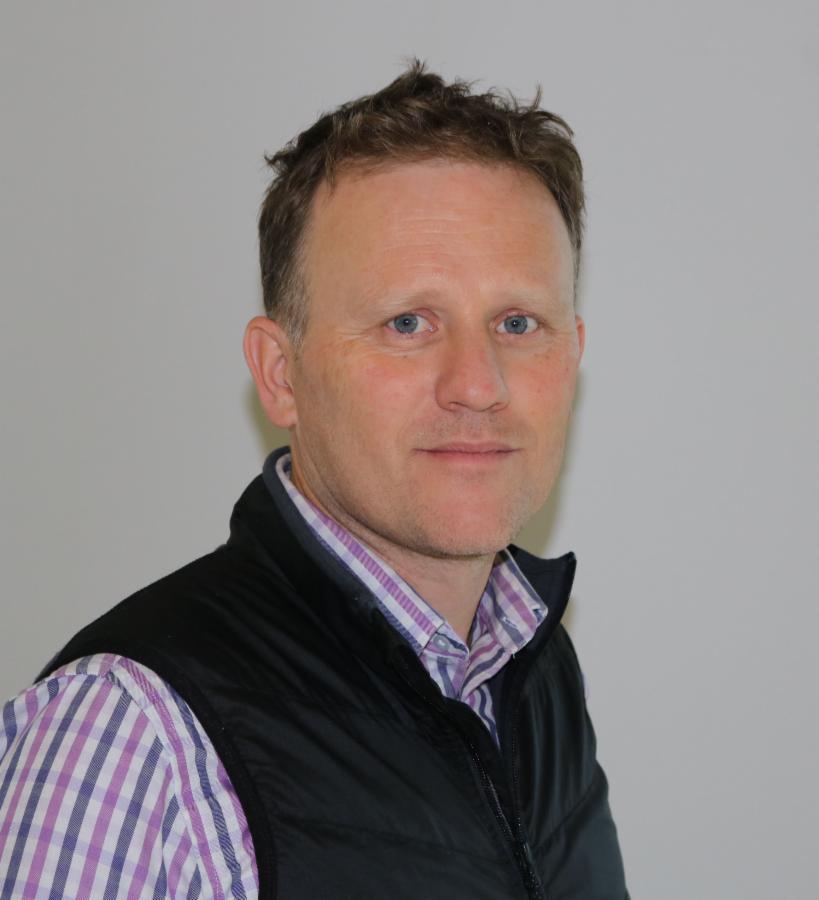Our researchers collaborate with industry leaders of wireless technology as well as New Zealand and international academics.
WRC primarily addresses short to medium-term projects (3-18 months) as well as long-term research programs (18-48 months) in core areas of physical and network layers. We are increasingly undertaking technology-based research in all areas of wireless communication through our worldwide network of researchers.
Benefits of doing research with WRC
- Staff resource without the need for increased internal infrastructure
- Access to leading researchers, worldwide
- Potential external funding
- Development of new and improved products
- Patent application support
- Proof of concept laboratories
WRC works closely with Tait Electronics and MiMOMax Wireless Limited as well as a range of other wireless, avionics and defence partners. See a partial list of our industry, academic and government collaborators.
WRC research options
Student researcher
This research is undertaken by a University student with the suitable skills and expertise to undertake it. It is usually done by a Masters or PhD student, dependent on the project's complexity and scope. The research project is overseen by the principal academic(s) and the WRC researchers, with regular liaison, project planning, and progress reports overseen by WRC, that in turn brings the industry partner, academic(s) and student together.
Advantages
- Eligible research can be primarily funded through a Government scholarship.
- If a company has multiple projects related to one research area they can be split into individual Masters projects or one PhD project, depending on the project's depth and complexity.
- Masters researchers can deliver results in a shorter time frame.
- PhD students are highly skilled and are able to undertake more complex research, particularly in areas where the research is breaking new ground.
Things to consider
- As the research is done by a student, their research skills are still developing and research may take longer than expected or not result in the outcome required. These variations are obviously student and project specific but need to be taken into account.
- Masters research typically takes a minimum of one year. PhD research typically takes a minimum of three years.
- It is important to remember that these students are not employees; they are juggling lectures and academic demands in addition to their research at WRC. The results will not be as fast as you may get from an employee in your company and as such, your expectations on what can be achieved, and by when, need to be realistic.
WRC researcher
This research is undertaken by an experienced employee of WRC. These researchers have typically worked for many years in the industry or academia after completing their PhD. The research project involves the WRC Research Leader, one or more Research Engineers and an experienced researcher/technology person from the industry partner.
Advantages
- Eligible research can be partially funded through a Government industry-tertiary collaboration grant.
- It may be possible to apply for Government and University funding to partially fund a visit of a leading international Academic researcher with expertise in the project's research area. This visit would be for a minimum of 3 months and is used when the research resource or capability are not available locally and/or fast results are required.
- The research results are faster.
- The complexity of the projects that can be undertaken is much higher than those that are student based.
Things to Consider
- As these researchers are experienced researchers, the cost of a project is substantially more than using a student.
- WRC researchers are extremely busy and therefore the more lead time you can provide to secure their time before the research can be undertaken, the better it would be.
- WRC researchers require limited management and desired results are more likely to be attained.
Industry collaborators working within WRC
If you have a research project that you would like our support on, we will be happy to explore the best option for you. We undertake research with companies both small and large, across a variety of different industries.


